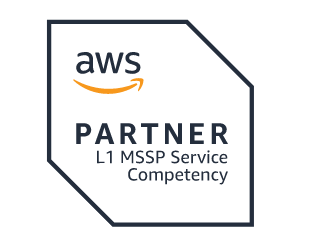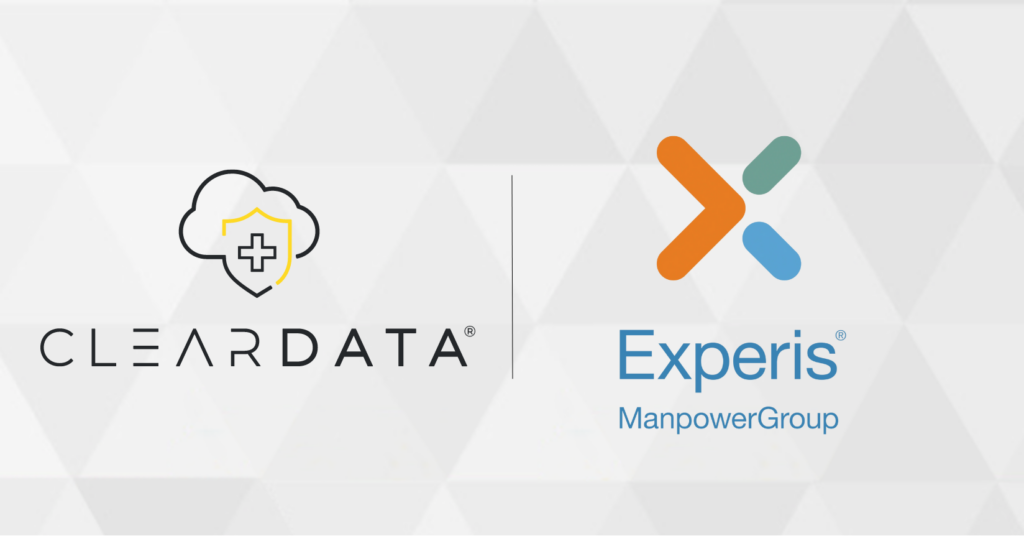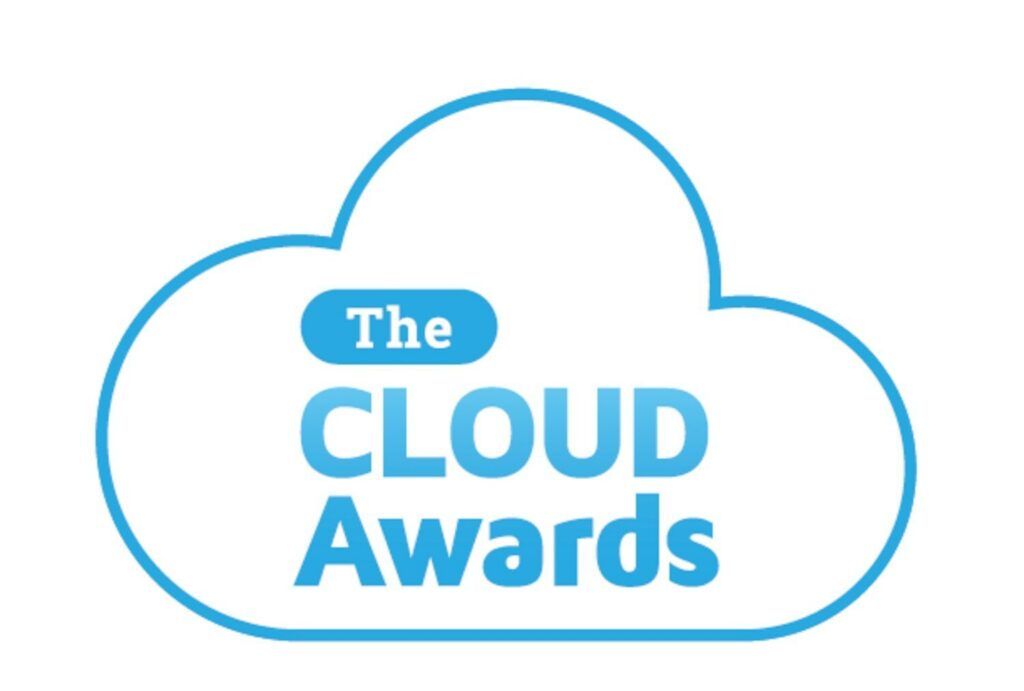Technology fuels physicians’ success
Docs assume more dominant role in care continuum within ACOs
Physicians are becoming a more empowered link in the healthcare chain, due in large part to their adoption and deployment of information technology, IT specialists serving the sector say.
By utilizing cloud technology, adopting electronic health records and embracing the benefits of automation, physicians are asserting themselves as leaders in accountable care organizations, ICD-10 adoption, meaningful use implementation and provider-patient relations.
“Some are better than others – it depends on whether the practice is owned by a health system or not,” says Zack Wilson, Healthcare IT president for Jacksonville, Fla.-based CSI Healthcare IT. “The ones that are owned are generally a step ahead.”
The physician technology revolution lies within the development, deployment and utilization of electronic health records. As more clinics across the country adopt EHRs, they are finding that the technology dovetails nicely with other systems, enabling data management for population health, establishment of patient portals, medication tracking and electronic prescribing among other things, Wilson says.
“Together, all of those things are making physicians’ lives easier and giving them more time to spend with their patients,” he said.
One area where the sector needs a jump-start is with ICD-10 conversion, Wilson says. Ironically, he contends the one-year delay to October 2015 may have actually slowed down the process in the physician environment.
“Physicians are further behind without a doubt,” he said. “A lot of people had hoped for the delay, but from my perspective it is not something they should have waited for. They were just starting to get going with it at the end of last year and as a result of the delay, many are taking their foot off the gas. I imagine that it will get hot again at the end of the year.”
Docs ‘paying attention’
While the physician community is making strides with technology adoption, Jen Polello, principal consultant with Burlington, Mass.-based Arcadia Healthcare Solutions, contends that it is mainly borne by necessity rather than pure desire.
“As the industry moves away from the fee-for-service model and into the world of quality reporting, physicians are embracing technology because they realize it is a necessity,” she said. “They are now paying attention to workflow design and capturing data in a meaningful and timely way. They realize it makes sense from a clinical and business standpoint.”
Polello agrees that technology is empowering physicians as they assert a more dominant role in the healthcare continuum, notably with the formation of accountable care organizations. By serving as caretakers of personal health information, she says they are in a position to direct ACOs and control relationships with provider partners.
“Physicians genuinely want to care for their patients and want to improve quality from the hospital to the clinic level,” she says. “Technology is instrumental to this mission because without the data they are flying blind. Having data in real time is huge. Once they get the workflow redesigned to support that technology, they are becoming more empowered.”
The cloud migration
Matt Ferrari is one of the many who contend that the advent of cloud computing is the primary catalyst for physician acceptance, appreciation and growing deployment of EHRs and information technology in general. The Co-Founder & Former CTO for Phoenix-based ClearDATA Networks says it has been especially effective for smaller clinics.
“The typical consumer of cloud services is primary care clinics and hospital-based physicians who need to manage their EHR patient data,” he said. “What we’ve done is partner with numerous EHR vendors around the patient portal concept and provide the underlying infrastructure and secure encryption. Now physicians don’t have to manage an on-premises infrastructure – they can focus on their patients.”
Founded in 2008, ClearDATA has offered cloud services since 2010. In early August, the company formed a strategic partnership with Atlanta-based Liaison Technologies, which offers cloud-based data management and integration services, to collaborate on solution offerings for new and existing healthcare clients.
Under the agreement, Liaison will deliver its data services to customers on ClearDATA’s HIPAA-compliant cloud platform. The partnership agreement also calls for Liaison to become a referral partner of ClearDATA’s solutions, recommending products to IT and clinical executives looking for big data capabilities and remote data storage.
Looking forward, Wilson sees a multitude of technological possibilities for physicians regarding the cloud, patient communications and data management.
“Mobile devices are key to data accessibility and EHR integration, though there are questions about ‘where does the data live and if an iPad is lost, how do we know personal health information isn’t on it,'” he said. “We can encrypt and store the data so that the information can be viewed by the clinician while not having to store it.”
Virtualized desktops are commonly used in other industries, but the concept hasn’t caught on in healthcare because “a lot of pieces of software don’t work with VDI,” Wilson says. Even so, he believes that virtual desktops are the wave of the future and that more physicians will be using them over the next decade.
From the October 2014 Healthcare IT News print issue
http://www.healthcareitnews.com/news/technology-fuels-physicians-success?page=0


